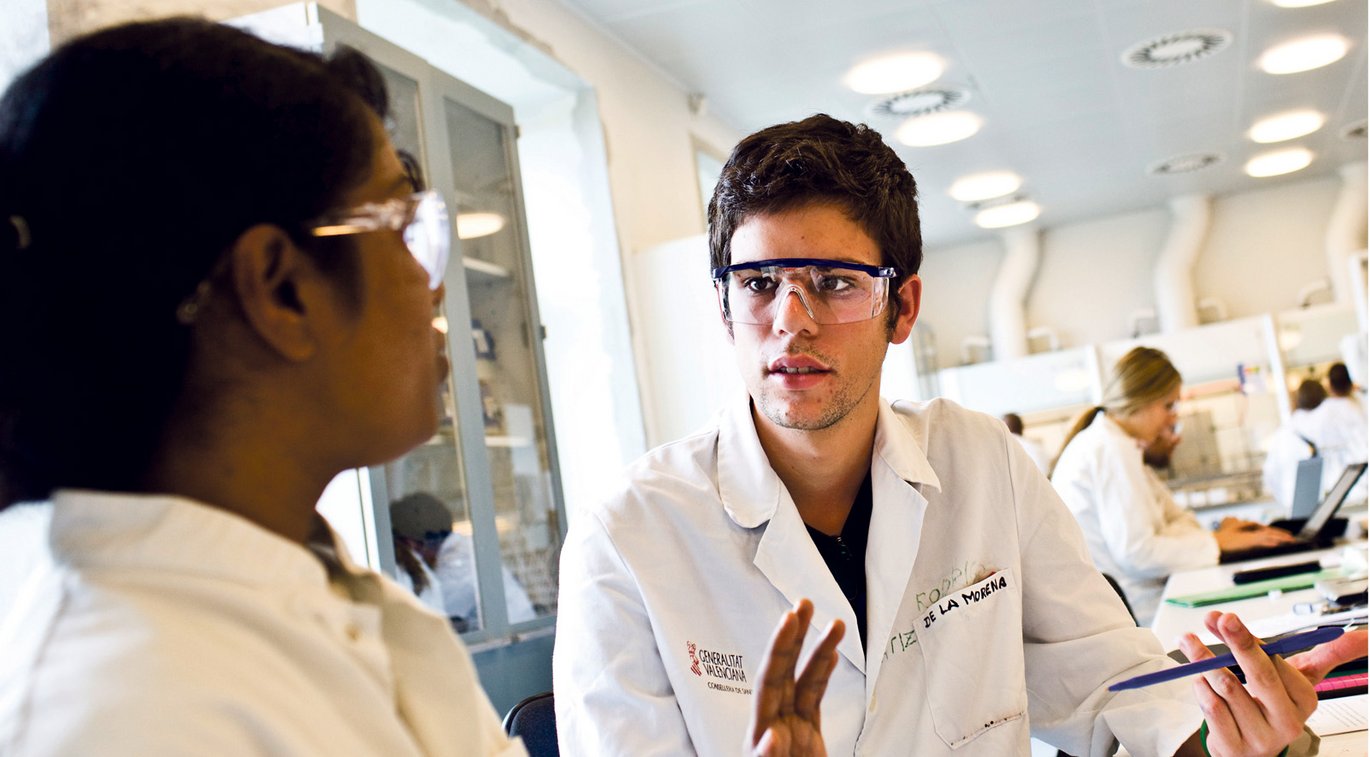Building a wall, or lowering the bar?
Send a permanent Danish residence permit with every foreign elite student's degree certificate. That is a proposal by an American-Japanese guest professor at Aarhus University as a strategy to use if Denmark is to attract the world’s best and brightest.

Takao Kato was born in Japan. He is an economics professor in the United States, and he can hardly speak a word of Danish. That said, Denmark may want to listen to what he has to say.
Takao, from Colgate University in America, is currently at the Aarhus School of Business, Aarhus University, as the Otto Mønsted Visiting Professor of Economics. He recently completed research examining the effect that United States immigration policy has on the quality of international students that United States universities are able to attract.
An additional hurdle
Takao's research shows that the USA's decision in 2003 to reduce the number of work visas for skilled immigrants had a drastic effect in terms of scaring away the best students. The 2003 policy change, which did not at all affect the allocation of student visas, thus actually had an unintended consequence of reducing the number of international students with gilt-edged examination certificates coming to the USA.
Professor Takao explained these findings by the fact that gifted international students tend to choose U.S. universities as part of their long-term career/life plan to migrate to the U.S. as skilled migrants after graduation.
“Well, suppose you’re a gifted international student. You are considering going to the U.S. for university, and you’re pretty sure you can get a job offer from an U.S. employer after you are done. But now you have this additional hurdle to overcome: there won’t be as many work visas when you’re done with school. Prior to 2003, almost anyone with a job offer from a U.S. firm was granted a work visa, and that has not been the case since the policy change,” he says.
Send a permanent residence permit with the diploma.
Takao therefore sees in his research results a strategy for countries that want to compete internationally for brains.
“Thinking positively about this logic, you could design a competitive national strategy for global talents.
“Let’s say Denmark might decide to introduce a simple policy along these lines. The government could say that if you graduate from a Danish university with a strong academic record, we’re going to attach a Danish permanent residence permit to your diploma. Some of the best and brightest students might be then enticed to come to Danish universities instead of U.S. universities, and decide to stay in Denmark after spending four years developing a familiarity and an affinity with the country. Recent research shows that highly-qualified immigrants contribute significantly to the domestic economy by creating jobs as innovators and entrepreneurs, and by helping domestic firms expand globally as key employees with international knowledge.”
About Takao Kato's Research
- In October 2003, the U.S. government reduced the number of available “H-1B” visas drastically. An H-1B is a work visa given to “skilled workers” coming to America. Prior to this policy change, the USA had an annual allotment of 195,000 H-1B visas; afterwards, the total was cut to 65,000, a 67 percent reduction.
- Suspecting that the impact of this restriction would extend beyond skilled workers coming to the U.S., Kato, together with his co-researcher, Chad Sparber, analysed the average SAT scores and grade point averages (GPA) of students from abroad who applied for admittance to U.S. universities.
- Their sample period was between 2001 and 2008, giving them a number of years on either side of the H-1B change.
- The average SAT score for international applicants was found to have gone down by about 1.5 percent. This 1.5 percent drop in average SAT scores is statistically significant and economically meaningful, and the researchers also found approximately the same decline when they looked at GPA.
- When the researchers tried to establish why the average had gone down, it turned out that fewer high-ability people were applying, not that low-ability people were suddenly crowding in to the application process. So the change resulted mostly from those high-ability international students who were discouraged by the policy change not applying.
The research is to be published in the Review of Economics and Statistics.
